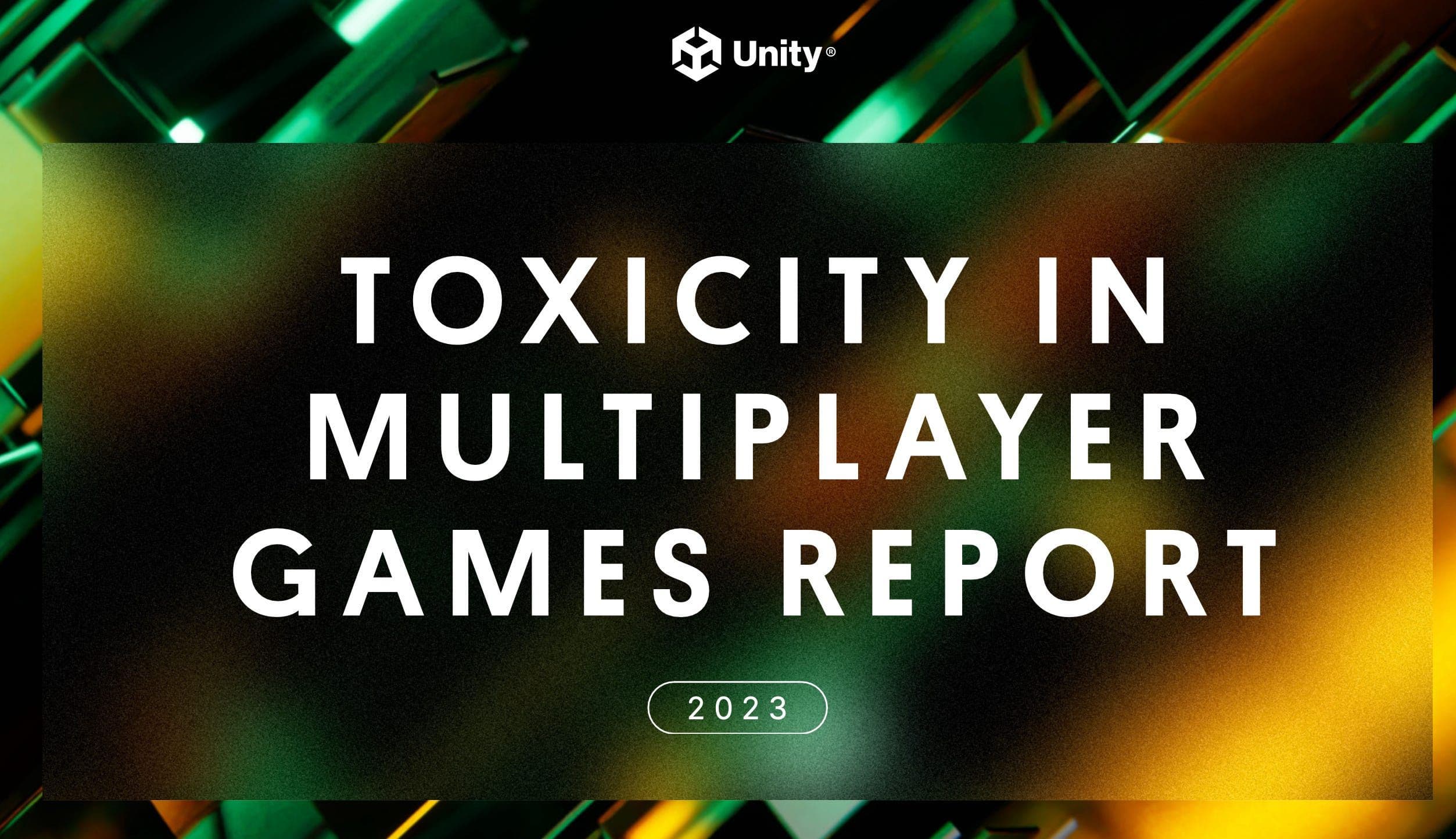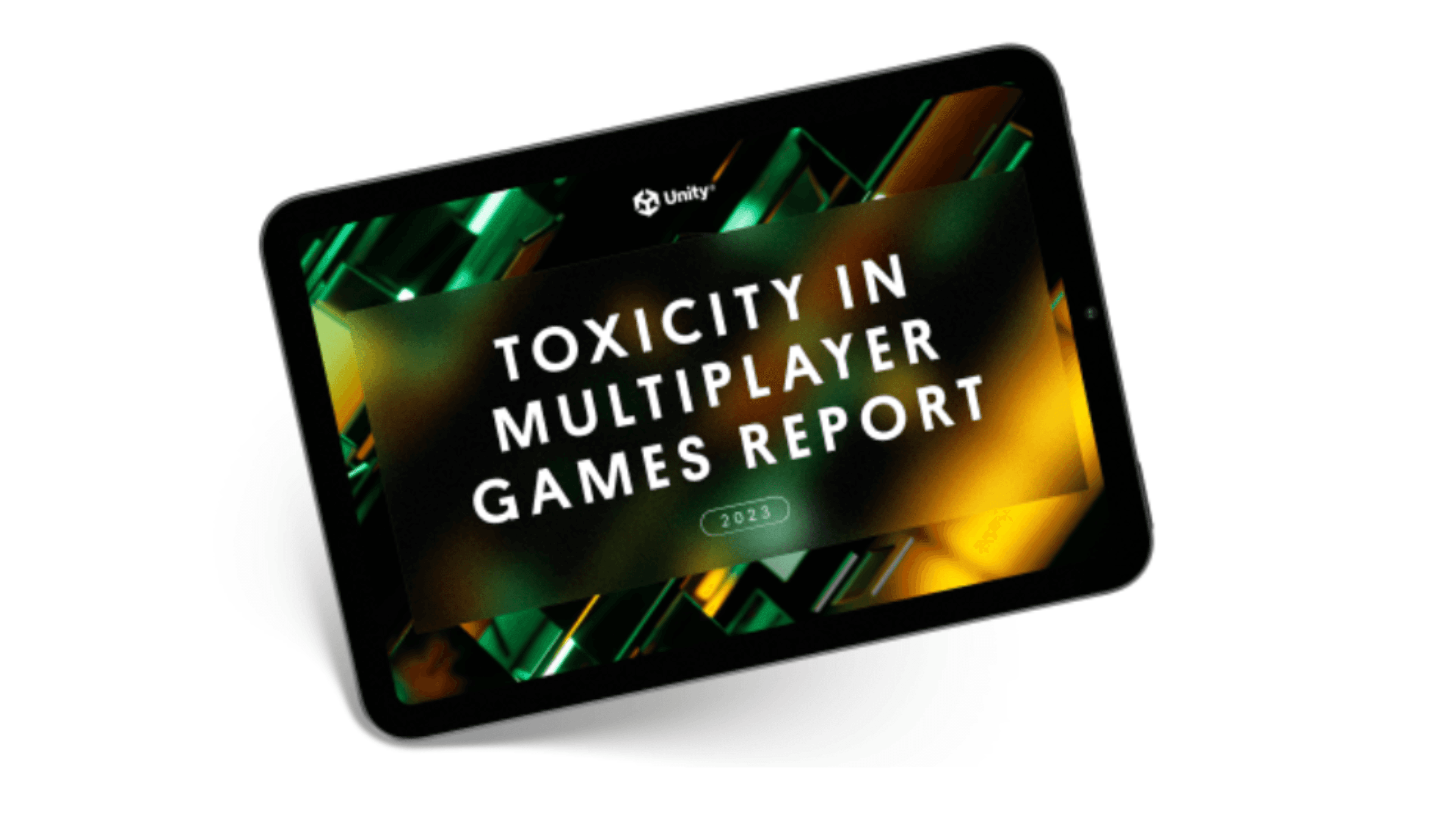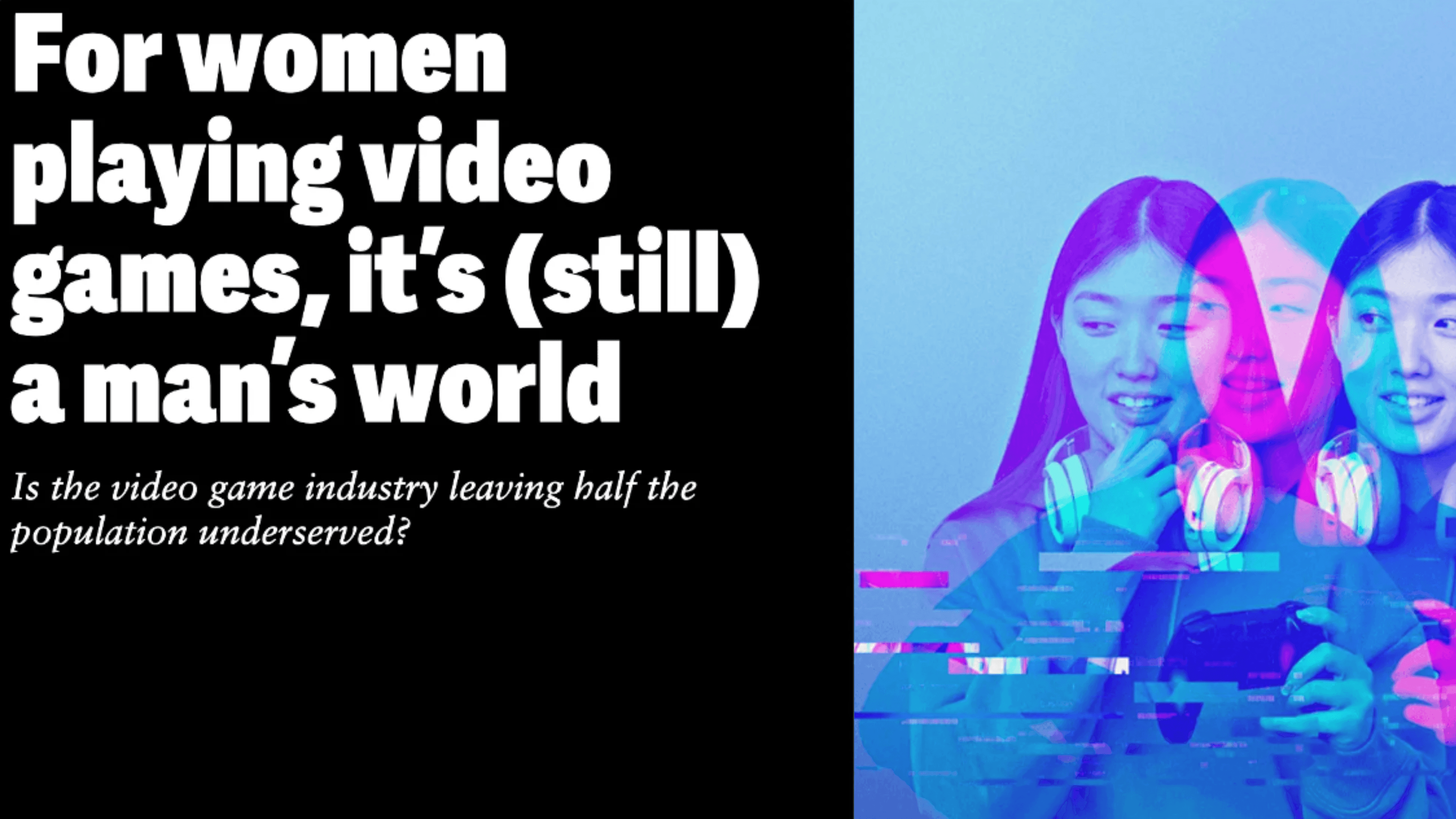In the realm of gaming, the 2023 Unity report highlights a notable surge in toxic behavior within multiplayer games. Our detailed analysis explores data collected from the United States, the United Kingdom, and South Korea, involving 2522 players and 407 developers. The report uncovers a growing prevalence of toxic encounters and delves into common forms of toxicity, along with the responses from both players and game creators.

Toxicity in Multiplayer Games Report 2023 by Unity
Toxic Behavior on the Rise
The Unity report reveals an upward trend as the proportion of players encountering toxic behavior has increased from 68% in 2021 to 74% in 2023. This data underscores a concerning issue in the gaming community, with more players facing disruptive and harmful behavior during their online gaming experiences.
Common Forms of Toxic Behavior
The Unity report identifies the most common forms of toxic behavior in multiplayer games. Leading the list is cheating at 30%, followed by deliberate attempts to disrupt others' gameplay at 29%. 28% of players reported hatred towards fellow players, while unacceptable content and abuse of game mechanics account for 25% and 24%, respectively. These behaviors not only affect gameplay enjoyment but also contribute to a less welcoming environment for players.

Types of Tocis Behavious Players have Witnessed or Experienced While Playing Multiplayer Video Games in the Past 12 Months
Toxicity Varies by Game Genre
The Unity report also reveals that certain game genres are more susceptible to toxic behavior. Shooters, racing games, and Battle Royale titles tend to have a higher incidence of toxic players. In contrast, adventure, strategy, and card games are associated with a less toxic player base. This data suggests that the competitive nature of some game genres may contribute to the issue.

Toxicity Across Genres
Player Reactions and Developer Concerns
In response to the rising toxicity, players have been taking a more proactive stance. Half of all users report regularly encountering toxic players, and developers are increasingly concerned about the trend. In 2023, 96% of players are actively addressing the issue by blocking toxic users, leaving the game, and submitting reports. This marks a significant increase from the 66% who took such actions in 2021. Players are less tolerant of toxic behavior, and this shift in attitude is noteworthy.

Actions Players Take to Counteract Toxicity
Consequences and Actions
The consequences of these toxic trends are substantial. A significant 67% of players stated they would quit a game if they encountered toxic behavior, while 74% indicated they would avoid playing games known for having a toxic player base. This highlights the importance of fostering a healthy in-game environment.
Players believe that the responsibility for maintaining a healthy in-game environment lies with game studios and moderators. A substantial 81% of players believe that user protection from toxic behavior should become a top priority for game studios. This places pressure on the gaming industry to address this issue effectively and create a more inclusive gaming space.

Who Should Be Primarily Responsible for Making Games Safe and Inclusive for Players
Importance for Web3 Gaming
The increasing toxicity in multiplayer games has broader implications for the evolving web3 gaming ecosystem. As gaming shifts towards decentralized, blockchain-based platforms, community and user engagement become even more critical. Toxicity not only drives players away but can also harm the reputation of web3-based gaming projects. Ensuring a safe and enjoyable online environment is vital for the success and sustainability of web3 gaming, making the Unity report's findings and recommendations all the more relevant in shaping the future of the gaming industry.
Final Thoughts
The Unity 2023 report sheds light on the growing issue of toxicity in multiplayer games and the changing attitudes of both players and developers in response. This trend has significant implications for the gaming industry as it transitions into the web3 ecosystem, where user engagement and community play a pivotal role. Game studios and industry stakeholders must prioritize user protection to create a thriving and inclusive gaming environment for all.




